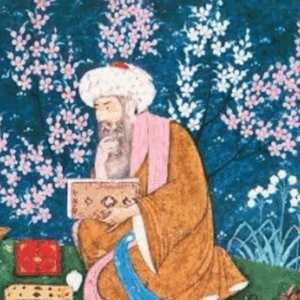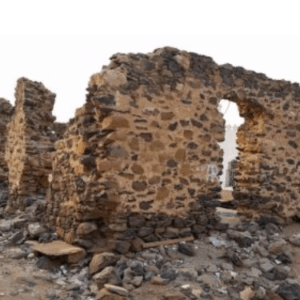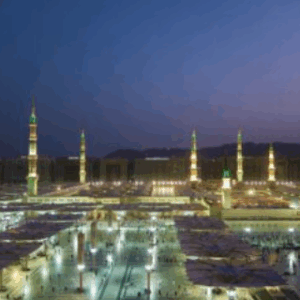Short Biography of Abu Bakr As-Siddiq (R.A.)
Abu Bakr As-Siddiq (R.A.), the first Caliph of Islam and the closest Companion of Prophet Muhammad (S.A.W.), was born in Makkah in 573 AD. His full name was Abdullah bin Abu Quhafah Uthman bin Aamir Al-Qurashi At-Taymi, and his lineage joined with that of the Prophet (S.A.W.) six generations earlier.
Physical Appearance
He was described as a slender, fair-skinned man, with a thin face, sunken eyes, and slightly stooped shoulders. His daughter Aisha (R.A.) narrated these details.
Early Life
Abu Bakr (R.A.) was raised among the Bedouins and earned his nickname “Abu Bakr” (“father of the camel calf”) because of his love for camels. At age 18, he became a successful cloth merchant, traveling to Yemen, Syria, and other regions. Due to his character, knowledge, and generosity, he became highly respected among Quraysh.
Even before Islam, he never drank alcohol nor worshipped idols, and was known for his exceptional morals.
Acceptance of Islam
Abu Bakr (R.A.) was the first adult male to accept Islam. He knew the Prophet (S.A.W.) closely and believed in him instantly. Through his influence, several major Companions accepted Islam, including Uthman bin Affan, Talhah, Zubair, Saad bin Abi Waqqas, Abdul Rahman bin Awf, and Abu Ubaydah.
He was severely beaten when he publicly called people to Islam, but his love and loyalty to the Prophet (S.A.W.) never wavered.
His Title – As-Siddiq
He was honored by the Prophet (S.A.W.) with the title “As-Siddiq” meaning “the truthful one,” because he affirmed the Prophet’s truth in every situation, especially during the event of Al-Isra wal-Mi’raj.
Migration (Hijrah)
When the Prophet (S.A.W.) migrated to Madinah, Abu Bakr (R.A.) accompanied him. They hid in the Cave of Thawr, where Allah protected them. The Qur’an mentions this moment in Surah At-Tawbah (9:40).
Participation in Battles
He took part in the major battles, including Badr and Uhud, always remaining close to the Prophet (S.A.W.) and protecting him.
Generosity
Abu Bakr (R.A.) spent his wealth freely for Islam. He once donated all his wealth, saying he left “Allah and His Messenger” for his family. He also freed several enslaved Muslims, including Bilal (R.A.).
After the Prophet’s Death
When the Prophet (S.A.W.) passed away, many people were in shock. Abu Bakr (R.A.) strengthened the Ummah by reciting the verse (3:144), reminding everyone that the Messenger (S.A.W.) was human and had passed away.
First Caliph
He was unanimously chosen as the first Caliph of Islam. His leadership stabilized the Muslim community during the Wars of Apostasy (Ridda) and safeguarded Islam during a difficult period.
Compilation of the Quran
One of his greatest achievements was compiling the Qur’an into a single book, fearing its loss after many memorizers were martyred. He appointed Zaid bin Thabit (R.A.) for the task. The original copy remained with him, then Umar (R.A.), then Hafsah (R.A.).
Death
Abu Bakr (R.A.) passed away in 13 AH (634 AD) and was buried beside the Prophet (S.A.W.) in Madinah.




